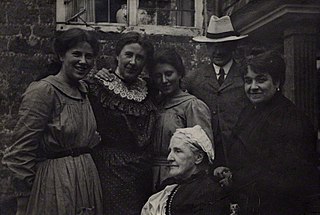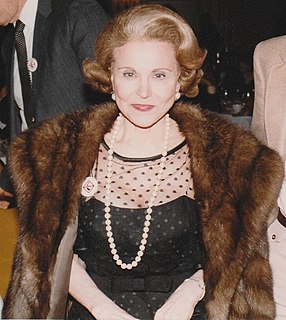A Quote by Albert Einstein
I live in that solitude which is painful in youth, but delicious in the years of maturity.
Related Quotes
It's not easy to sit and trust that in solitude God will speak to you - not as a magical voice but that God will let you know something gradually over the years. And in that word from God you will find the inner place from which to live your life. Solitude is where spiritual ministry begins. That's where Jesus listened to God. That's where we listen to God.
A lot of my stories about the old days, they're delicious and funny. But every time I recall the early days, it's painful. With every anecdote, it's painful because you're summoning up the terribly, terribly difficult life of my parents. And it's painful because I didn't realize at the time how hard it was for them.
The complete life, the perfect pattern, includes old age as well as youth and maturity. The beauty of the morning and the radiance of noon are good, but it would be a very silly person who drew the curtains and turned on the light in order to shut out the tranquillity of the evening. Old age has its pleasures, which, though different, are not less than the pleasures of youth.
This fighting-shy of every obligation partly explains the phenomenon, half ridiculous, half disgraceful, Of the setting-up in our days of the platform of "youth" as youth. ... In comic fashion people call themselves "young," because they have heard that youth has more rights than obligations, since it can put off the fulfilment of these latter to the Greek Kalends of maturity. ...[T]he astounding thing at present is that these take it as an effective right precisely in order to claim for themselves all those other rights which only belong to the man who has already done something.
When society is made up of men who know no interior solitude it can no longer be held together by love: and consequently it is held together by a violent and abusive authority. But when men are violently deprived of the solitude and freedom which are their due, then society in which they live becomes putrid, it festers with servility, resentment and hate.
Enjoy the blessing of strength while you have it and do not bewail it when it is gone, unless, forsooth, you believe that youth must lament the loss of infancy, or early manhood the passing of youth. Life's race-course is fixed; Nature has only a single path and that path is run but once, and to each stage of existence has been allotted its own appropriate quality; so that the weakness of childhood, the impetuosity of youth, the seriousness of middle life, the maturity of old age.. each bears some of Nature's fruit, which must be garnered in its own season.





































